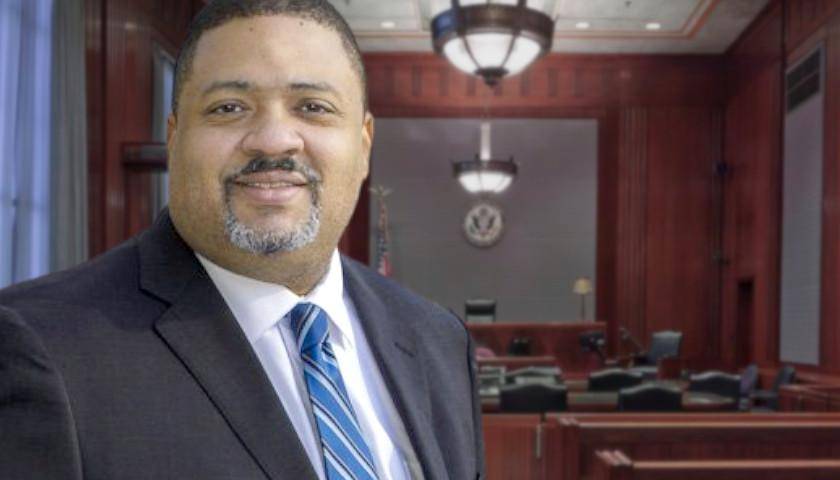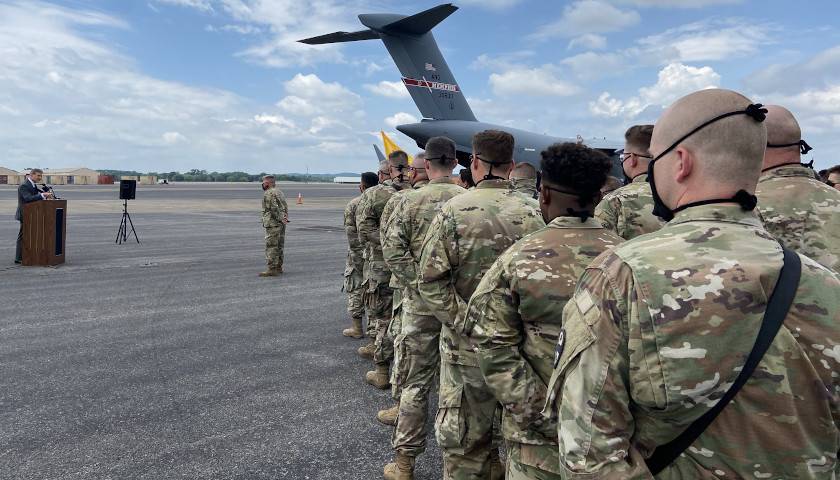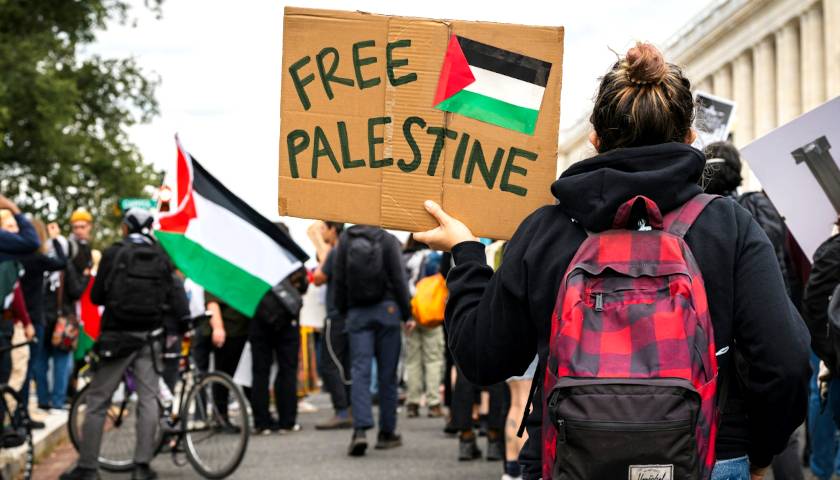Arizona Attorney General Mark Brnovich (R) led a coalition of 20 state attorneys general last week in filing an amicus brief urging the Supreme Court of the United States (SCOTUS) to protect consumers from class action settlement abuse.
“Class action settlements should benefit people who have been harmed and not just the attorneys,” Brnovich said in a press release. “That’s why we are asking the court to ensure consumer interests are being faithfully represented.”
According to the Arizona Attorney General’s Office (AGO), the brief asks SCOTUS to grant certiorari in Lowery v. Joffe. This case stems from the 2010 class-action lawsuit which alleged that Google’s Street View collected millions of consumers’ private data, including emails, passwords, usernames, and more, on their Wi-Fi network without the consumers’ knowledge. However, the issue came when the parties settled and created a $13 million cash fund, but the harmed consumers received none of the money. Instead, Google paid nearly four million in attorney fees, and the roughly 9 million that remained went to “select organizations” that were not involved with the lawsuit.
Brnovich’s brief outlines that this was a “concerning example” of the growing use of cy pres to resolve class actions.
According to classaction.org, a cy pres award generally takes extra money in a class action settlement and gives it to a charitable organization. This can occur when there is money left in the settlement fund after all class members have been paid, or when the amount of the fund is too small to justify a distribution directly to class members.
As reported by Jolt Digest, this case may have fallen under the latter. Allegedly, the Ninth Circuit Court has repeatedly found cy pres settlement agreements appropriate when there are potentially millions of unnamed plaintiffs, and it would not be feasible to contact every potential class member nor economically viable to divide the settlement fund amongst all the members. In Google’s case, it may require reviewing over 300 million frames of data to match a user’s physical address with the electronic address of the hijacked Wi-Fi routers. Even after that, if Google found everyone affected in this case, that may only leave class members with “mere pennies” after the settlement fund is divided.
However, Brnovich’s brief argued that it is important for settlement funds to reach class members “whose claims are extinguished by the settlement” and ensure that consumers are treated fairly.
“A settlement cannot be in the class’s best interest or fair, reasonable, and adequate under Rule 23 where it generates millions of distributable settlement dollars (and releases millions of claims), yet the class languishes with no direct compensation,” according to the brief.
Furthermore, Brnovich argued that this petition provides an opportunity for SCOTUS to give “needed guidance” on when a cy pres settlement arrangement is acceptable. If not, he states that the Ninth Circuit’s opinion may present a precedent that parties could follow in the future, which may lead to more consumers being harmed.
– – –
Neil Jones is a reporter for The Arizona Sun Times and The Star News Network. Follow Neil on Twitter. Email tips to [email protected].
Photo “Mark Brnovich” by Mark Brnovich. Background “U.S. Supreme Court” by Kurt Kaiser. CC0 1.0.





